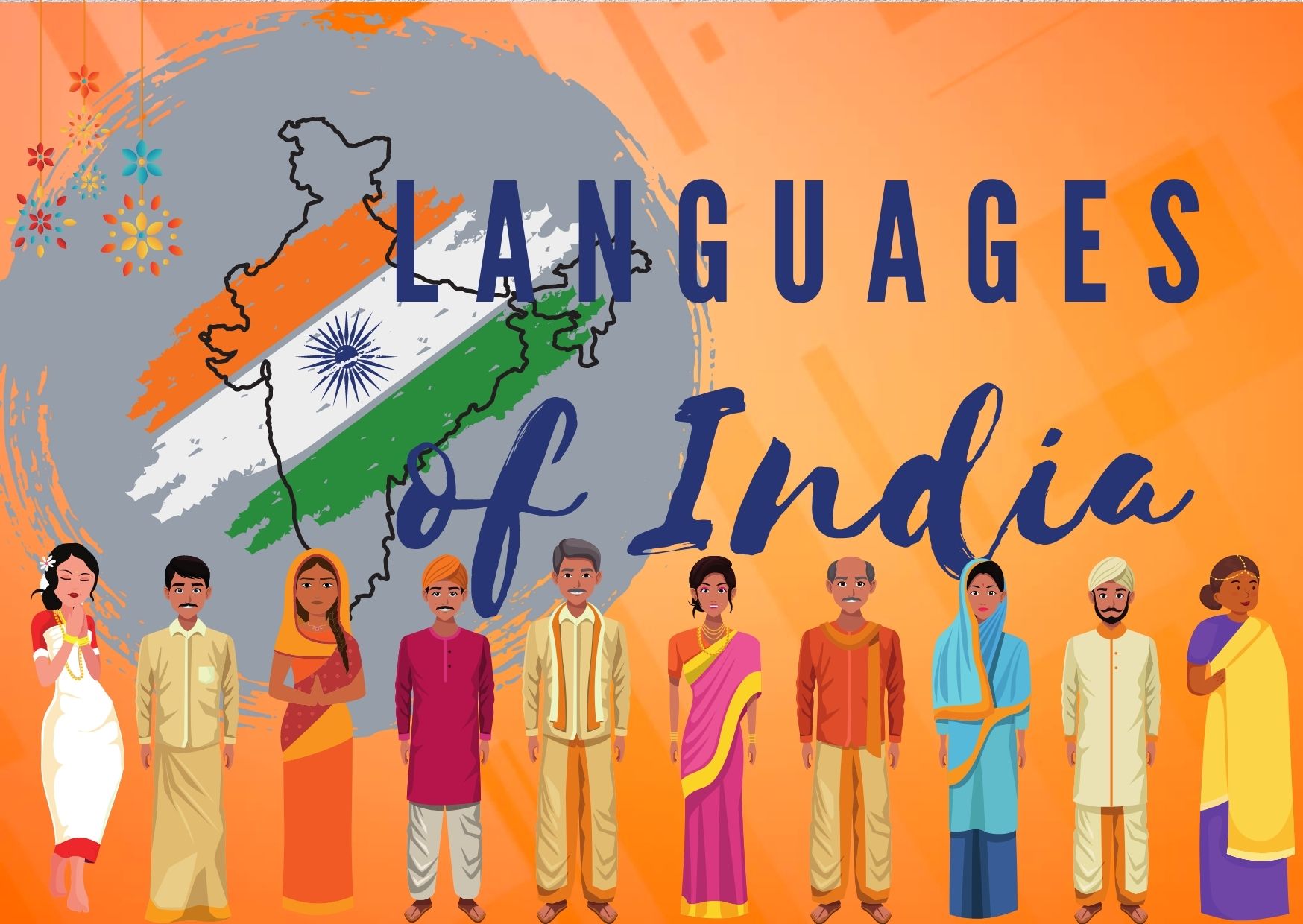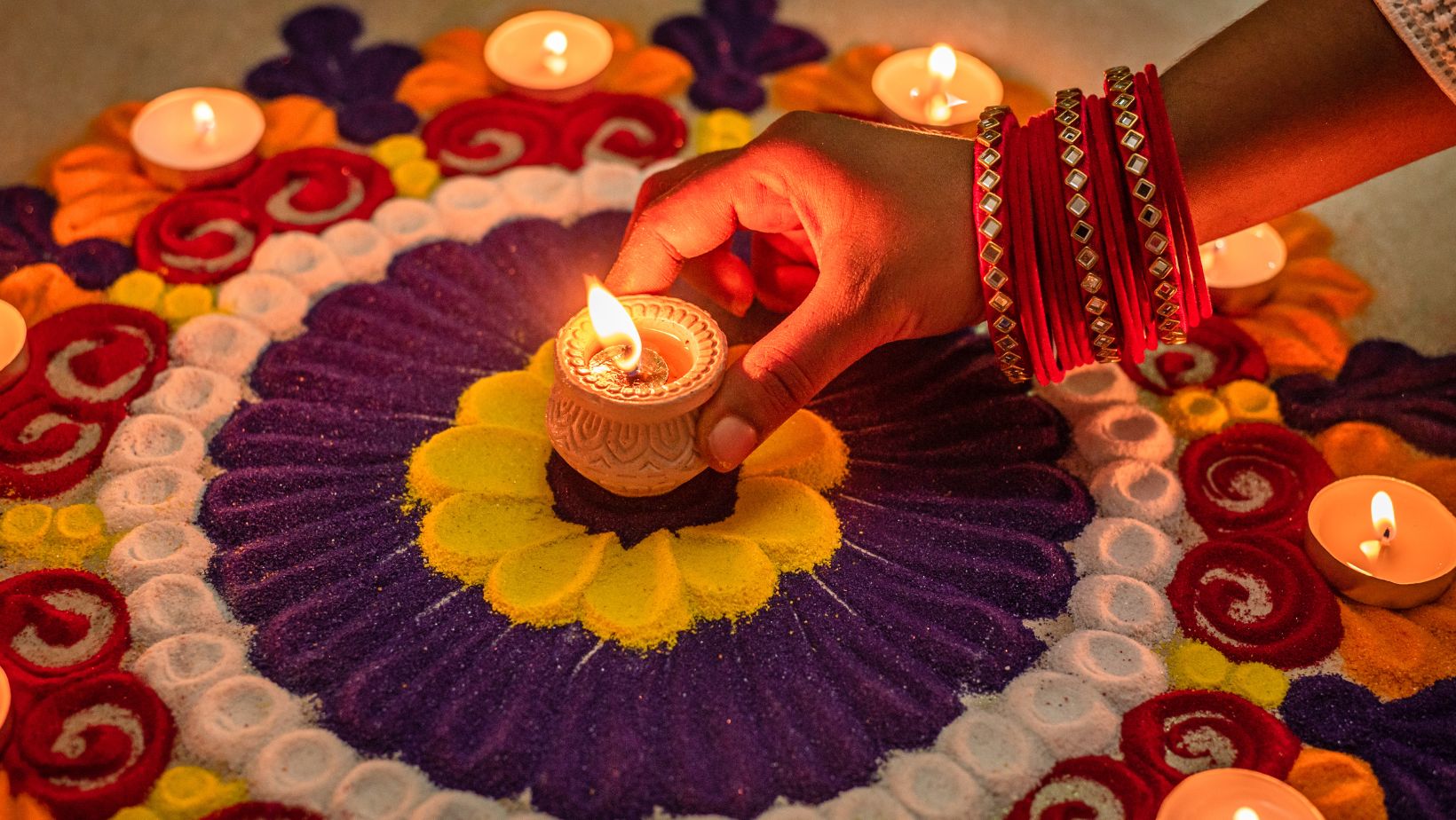Many Indians are now rooting for going back to their linguistic roots. Here's why
'Looking down on your relatives who speak your native tongue because you speak perfect English is stupid. It is like being proud of borrowed clothes.' - Reno Omokri
Speak your native language to your children or watch it die within the next 20 years. Looking down on your relatives who speak your native tongue because you speak perfect English is stupid. It is like being proud of borrowed clothes.
The above lines by Nigerian author, Reno Omokri resonated with many in India. Indians are increasingly expressing sentiments like the ones mentioned above. The effects of language attrition are no longer inconspicuous. They're in our faces.
When we believed that English is superior
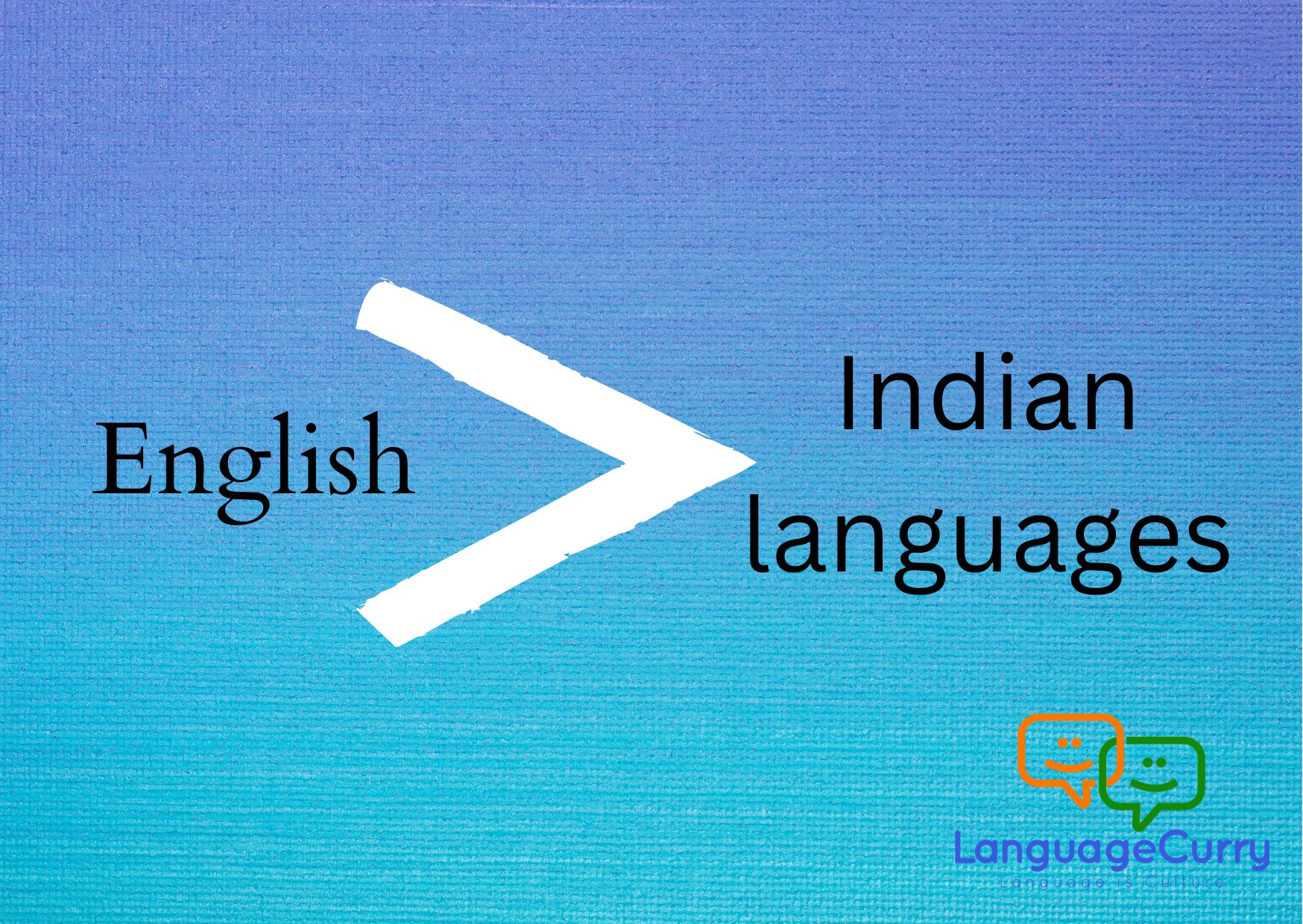
Most of us grew up believing that knowing English made us superior and was a passport to success. Perhaps it was. But speaking and even knowing one's mother tongue was considered inferior and uncultured. The deep-rooted colonised minds remained tightly shackled even decades after gaining independence. Today a stage has arrived where many of us who speak enviable and fluent English, stutter and falter when trying to string a simple sentence together in our native tongues. Too many young children (from the middle and upper middle class) who go to English medium schools are speaking and thinking only in English. Meanwhile, they're struggling with the basics of their mother tongue.
Loosing a language means losing bonds with family and roots
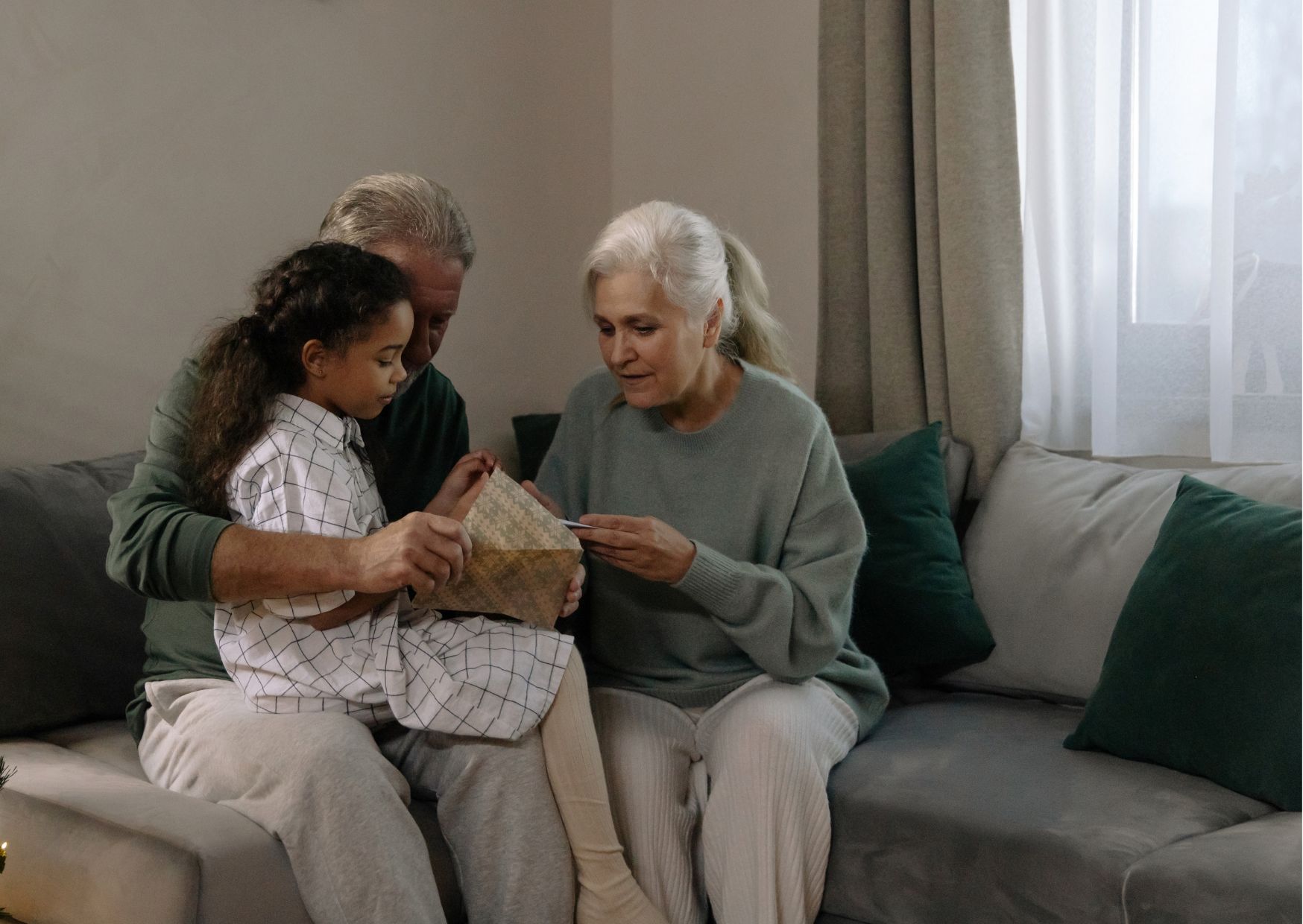
One of the cruellest outcome of this are the barriers built between grandparents and grandchildren. What should have been effortless bonds of love companionship and a safe retreat for both turn into distressing experiences requiring daily effort to understand the other, (in the short time one is visiting the other). How would bedtime gupshup (chats) happen? How would tales of great-grandparents, cousins, parents' childhood, or folklore be passed on? How would grandparents know what happened at school or why the children like Japanese Anime or Korean Pop?
The disconnect with language and culture begs the question... so who are we now?
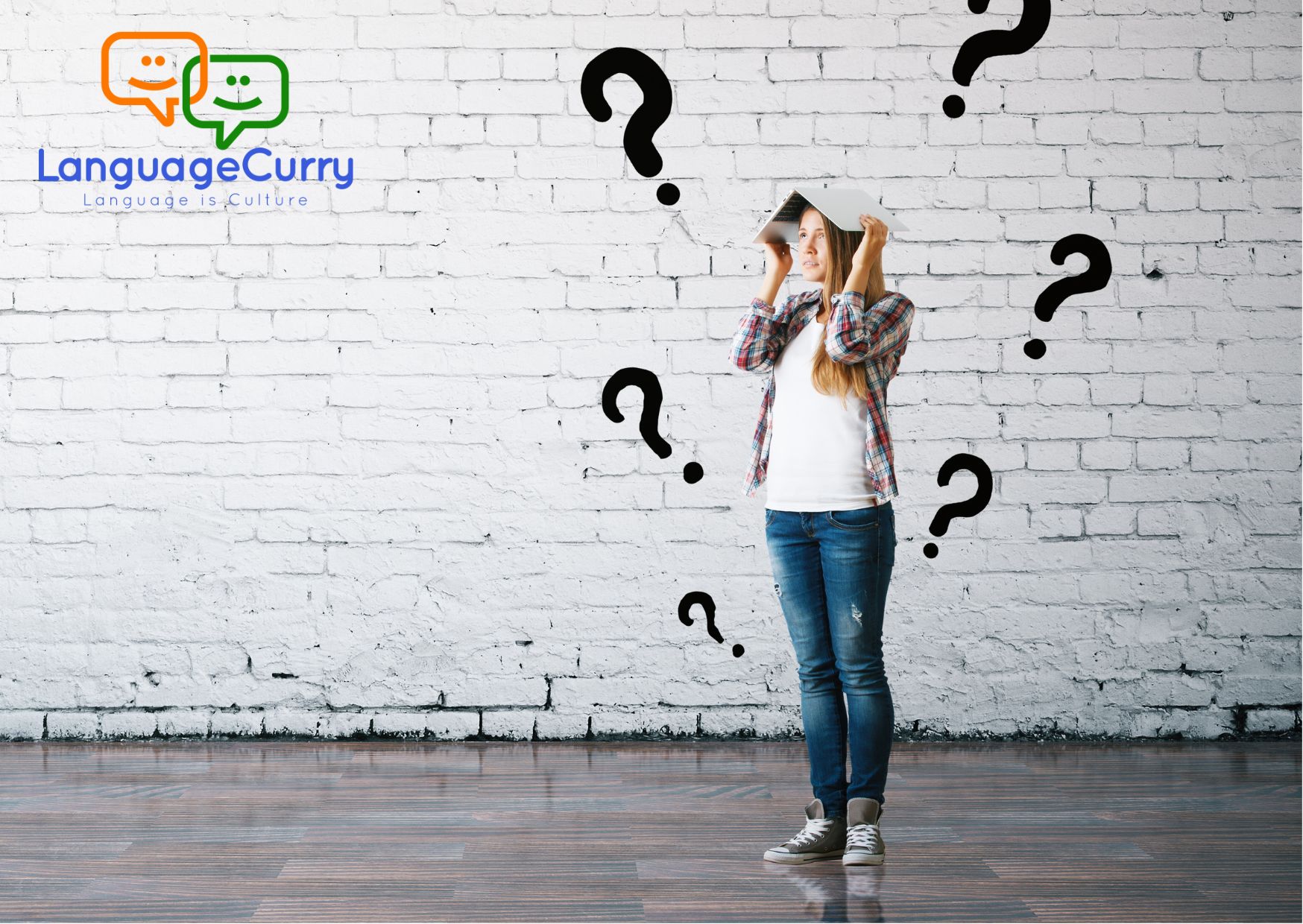
The affliction continues in homes where the problem has not been detected yet. Both parents speak to the child exclusively in English. The child goes to an English medium school. There. In one generation the child is cut off from his mother tongue, and culture. He will always have to rely on a secondary source to connect to the wisdom of his ancestors as he doesn't understand their language. He will never feel the warm embrace of his culture as it unravels to him, page after page. There would always be the 'take' of a translator in the way. The connect with centuries of art, literature, lessons, and sacred religious epics - everything wiped out in one generation. It leaves us with an Indian-looking generation who are not Indian in any way. The deracination that follows could leave one utterly rootless, confused and as is often the case with Indians - full of self-loathing.
Children can absorb new languages like a sponge
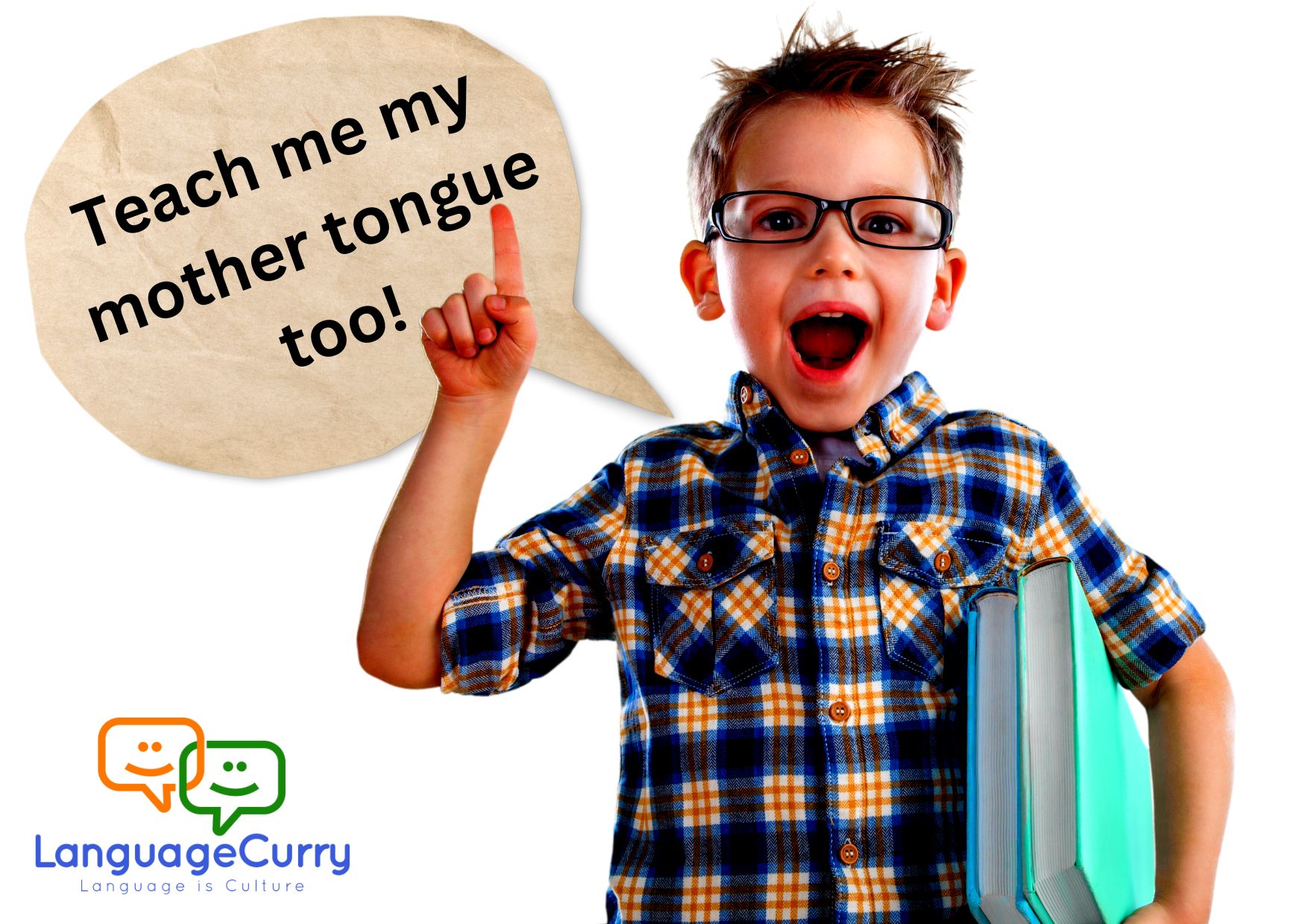
Many studies have proven that children can learn many languages simultaneously. At the very least they can be effortlessly bilingual. In the race for English what was the need to wipe out mother tongues?
The Chinese speak Chinese. The Korean speak Korean. The Japanese speak Japanese. The Arabs speak Arabic. The Germans speak German. None of these nations have got left behind just because they didn't speak English. Do they even think about English? Do they preen if they speak English with an Oxbridge accent? No. Only we carry pride in that.
Recognising the colonised mindset
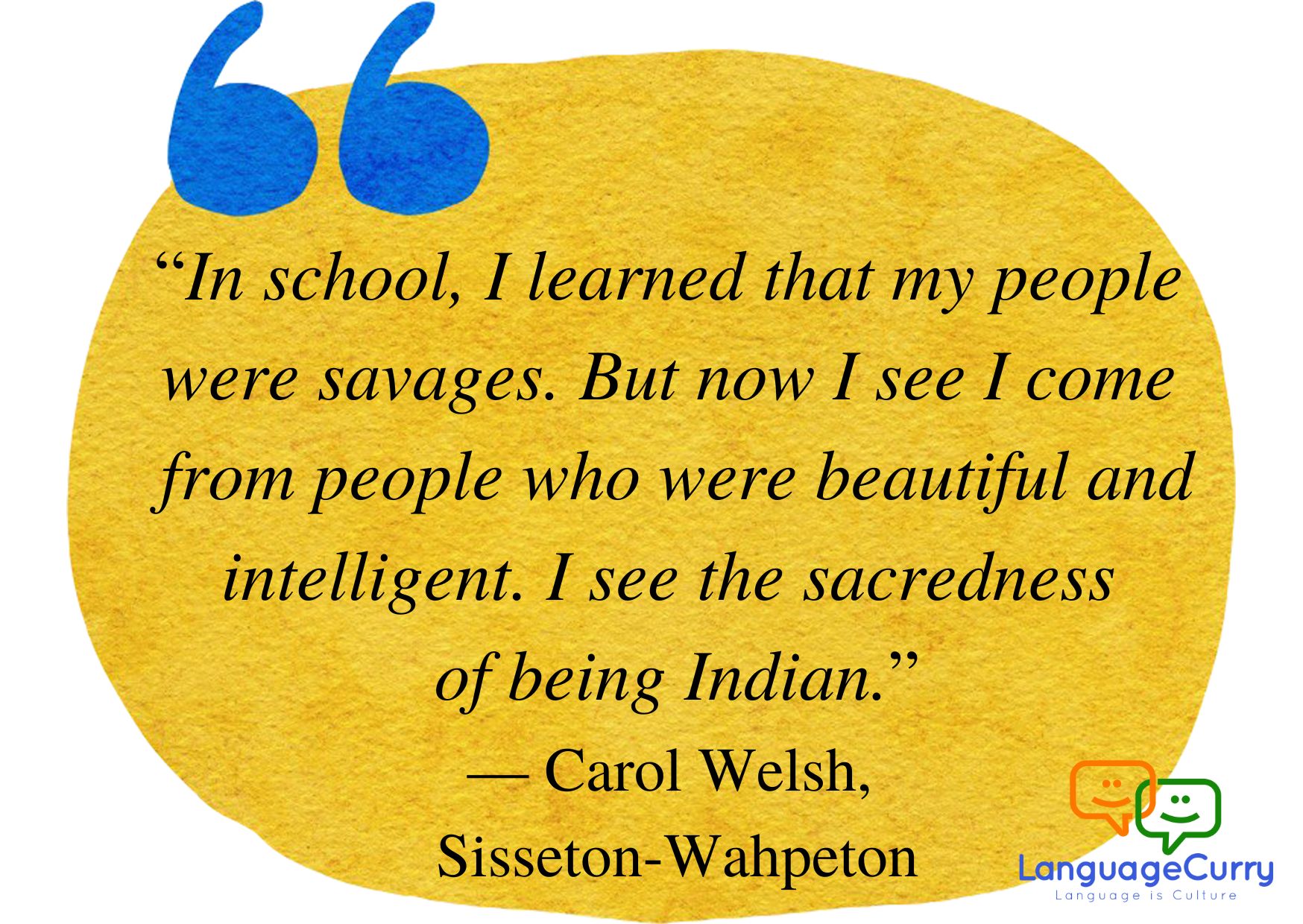
The angst is not against the English language, which is quite delightful. The gripe is against the burden of self-loathing and the inferiority complex that we carried for so long- that now it has come to this.
A change for the good: Indians are increasingly recognising value in mother tongue, native language, culture and practices
But fortunately, things are changing... so slowly that one can barely see the worm turn but turn, it surely is. People are finding pride in raw Indian rootedness. Boys can be seen in dhotis and tilak. Saree is trendy again. Youth are flocking to films like RRR and Kantara where the hero is a paradigm change from the smooth NRI dude to a desi dhoti-wearing, man of the land, deeply entrenched in native Indian values. The Kannadigas would obviously be proud of these films, but the whole of India connects to them because they are deeply Indian in their soul. Where earlier people flaunted foreign accents, today people are discussing how they find Indian dialects musical to their ears. Have you heard a Himachali speak Pahari or Dogri? Have you heard the raw Hariyanavi accent? Have you ever heard a Telugu poem? Have you heard someone speak Odia? All are music to the heart and soul.
Appreaciating the Indian culture across state borders
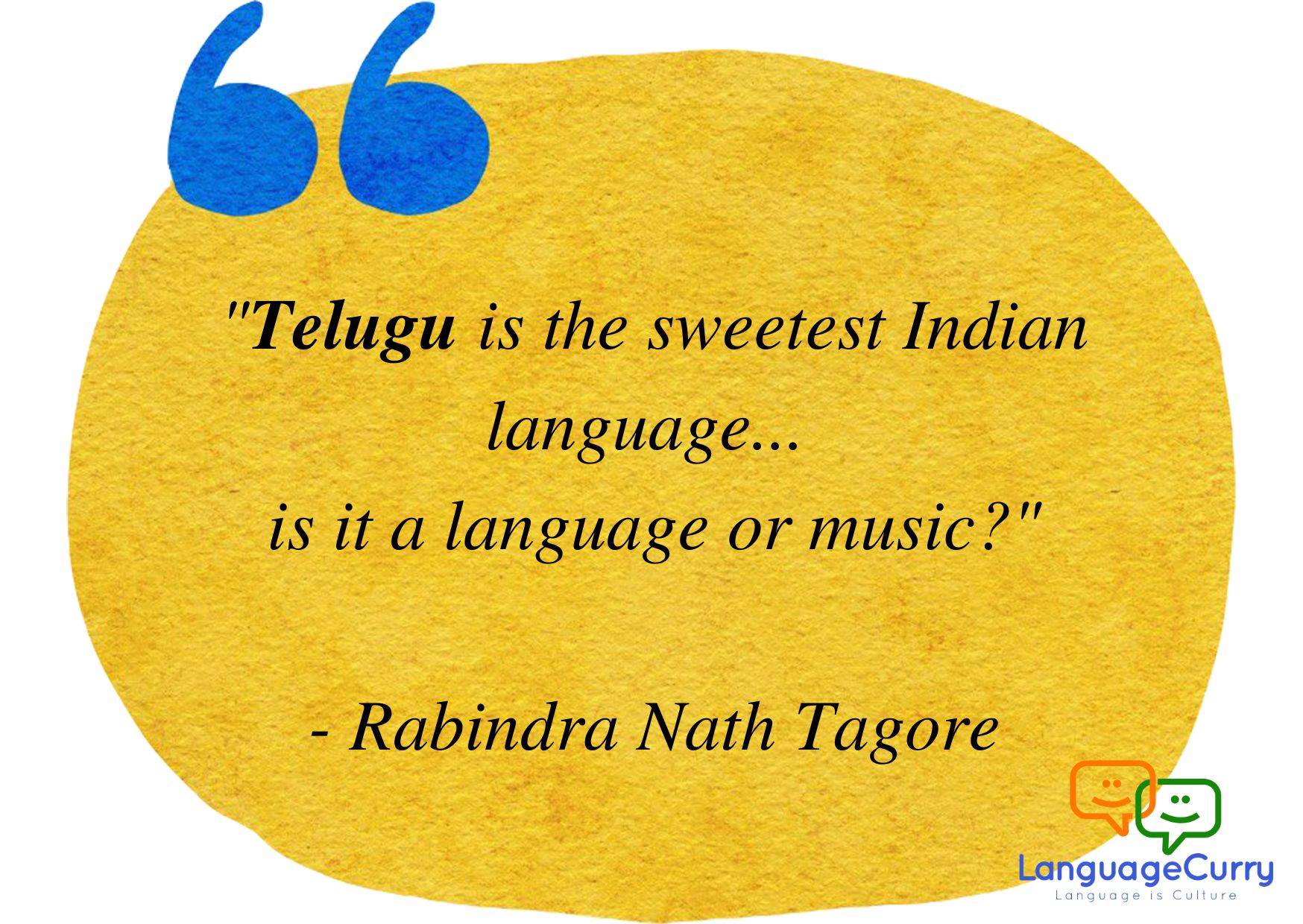
There is another shift, albeit a small one yet. Indians have begun to show interest in Indian languages. Which was unimaginable a few years ago. Numerous NRI parents ask if Language Curry conducts Hindi lessons for NRI children. Sanskrit of course is being learnt globally here. But the data collected from Language Curry reveals that 37% (over five lakh) of their language learners are learning Hindi. And the learners come from Karnataka, Tamil Nadu, Maharashtra, Andhra Pradesh and Kerala. The next popular languages on the App are Tamil, Kannada and Telugu! They are being learnt by those who moved to those states and by those living in North Indian states.
Hope
Perhaps, just perhaps, the tipping point has been reached and Indians are saying no more turning away from our roots, language and culture. Perhaps we will make the effort to keep our children connected to our mother tongues. Perhaps we will pressurise governments to do the same. And just perhaps… as Indians embrace the other Indian languages... we do both, connect with our roots and come together as a people.

